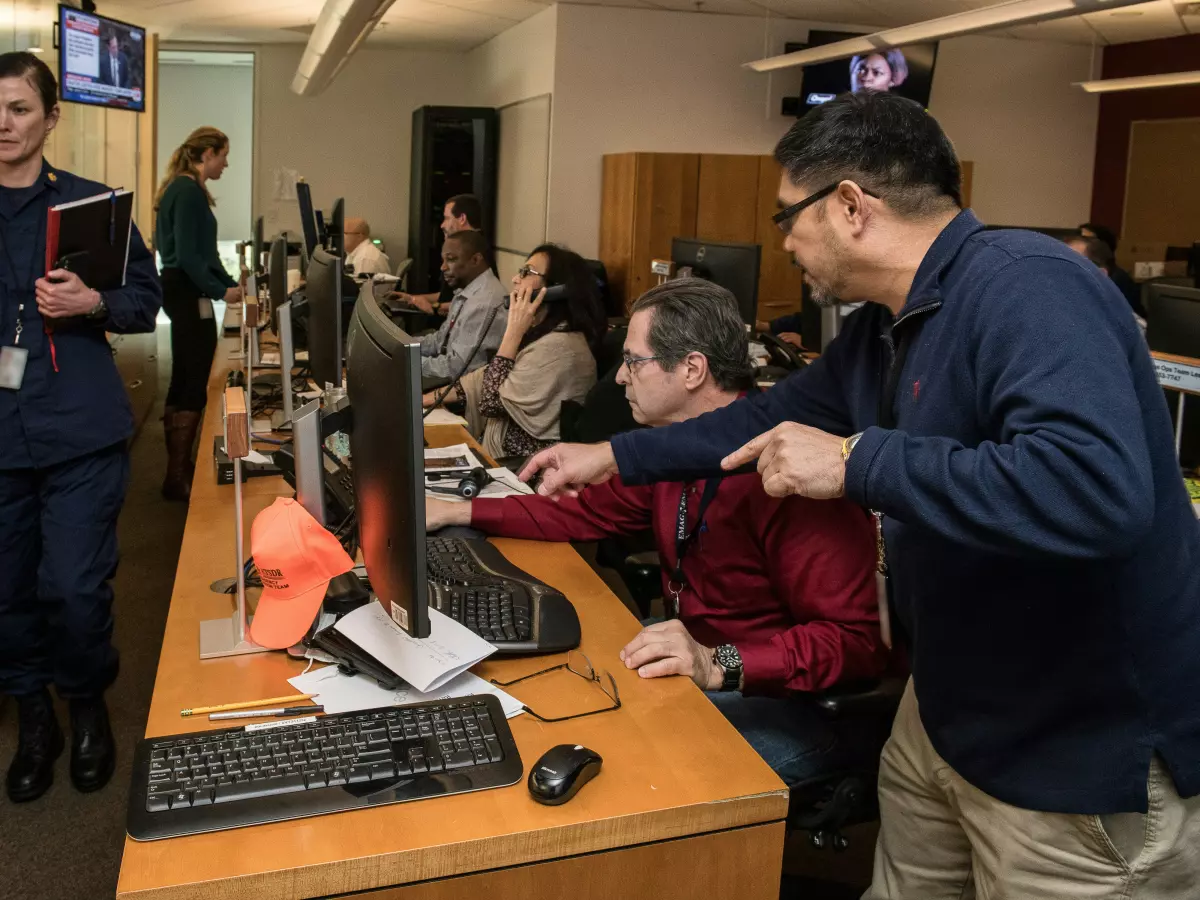Feeling the Future
AI can now detect emotions with up to 90% accuracy. But what does this mean for you and the world?

By Alex Rivera
Imagine a world where your phone knows you're feeling down before you even realize it. Or a customer service chatbot that can sense your frustration and adjust its tone accordingly. Welcome to the era of AI emotion detection, where machines are learning to read between the lines—literally. Using a blend of traditional and cutting-edge technologies, researchers are pushing the boundaries of how we quantify and understand human emotions.
According to TechXplore, AI is evolving to not just recognize facial expressions but also analyze voice tone, body language, and even physiological signals like heart rate. This tech isn't just for fun; it has the potential to revolutionize industries from healthcare to education. But before we dive into the 'how,' let's explore the 'why.'
1. Healthcare: Mental Health Monitoring
One of the most promising applications of AI emotion detection is in mental health. Imagine an AI-powered app that can detect early signs of depression or anxiety based on your voice patterns or facial expressions. This could lead to earlier interventions and potentially save lives. AI could also assist therapists by providing real-time emotional feedback during sessions, helping them better understand their patients' unspoken feelings.
2. Customer Service: Empathy at Scale
We’ve all been there—stuck in a frustrating conversation with a customer service bot that just doesn’t get it. But what if that bot could sense your frustration and adjust its responses accordingly? AI emotion detection could make customer service more empathetic and personalized, leading to faster resolutions and happier customers. Imagine a chatbot that can tell when you're angry and switches to a more calming tone, or even escalates the issue to a human agent when it senses you're about to lose it.
3. Education: Personalized Learning
In the classroom, AI emotion detection could help teachers better understand their students' emotional states. Are they bored? Confused? Excited? By analyzing facial expressions and body language, AI could provide real-time feedback to educators, allowing them to adjust their teaching methods on the fly. This could lead to more personalized learning experiences and better outcomes for students.
4. Entertainment: Interactive Experiences
Ever wish your video game could adapt to your mood? With AI emotion detection, that might not be far off. Game developers are already experimenting with ways to make games more immersive by adjusting gameplay based on the player's emotional state. Feeling stressed? The game might ease up on the difficulty. Feeling confident? It might throw in a few extra challenges. This tech could also be used in virtual reality experiences, making them even more interactive and engaging.
5. Security: Lie Detection and Beyond
AI emotion detection could also have significant implications for security. Imagine a lie detector that doesn’t just rely on voice stress analysis but also reads your facial expressions and body language. This could be used in high-stakes environments like airports or courtrooms to assess whether someone is being truthful. While this raises some ethical questions, the potential for enhanced security is undeniable.
As AI continues to evolve, it's clear that emotion detection is more than just a cool feature—it's a game-changer. From healthcare to education, the ability to read and respond to human emotions could transform the way we interact with machines and each other. As one researcher put it, 'AI is not just about making machines smarter; it's about making them more human.'





